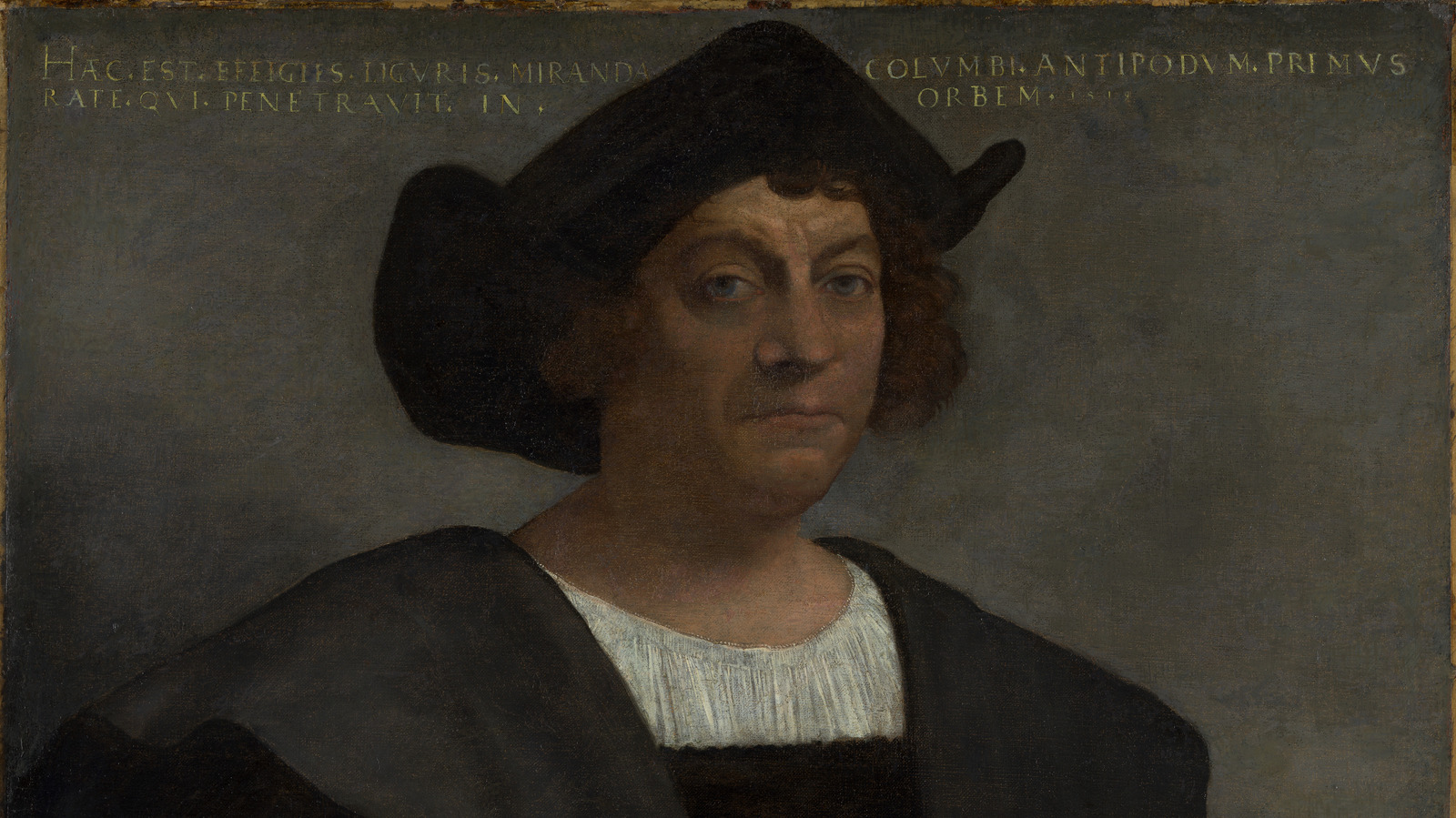
Christopher Columbus was born in Genoa, Italy, and while the exact circumstances of his childhood are still debated — some historians suggest that his family was Jewish — by his early adulthood Columbus was like most Europeans of his day, an avowed Catholic.
Famously, Columbus didn’t set out to discover new lands but to establish new trade routes to the East. With the capture of Constantinople by the Ottoman Empire in 1453, the passage by land to India and China was effectively cut off from European powers, while the Ottomans’ victory also effectively dealt a blow to Christians who sought to claim the Holy Land in the name of their religion.
Columbus, who, contrary to myth, believed the world was round, or at least “pear-shaped,” believed that he could break the deadlock by uncovering a new route to the Far East across the Atlantic, but to do so he required financing. Columbus had to convince Spanish royals to contribute a sizeable amount to a travel fund established by a group of businessmen, who had their own financial motives for opening a new trade route. Columbus’ royal backers were King Ferdinand II and Queen Isabella I, for whom the explorer compiled a document titled “The Book of Prophecies” which he argued offered proof that financing his trip would bring about the Biblical end of days.








